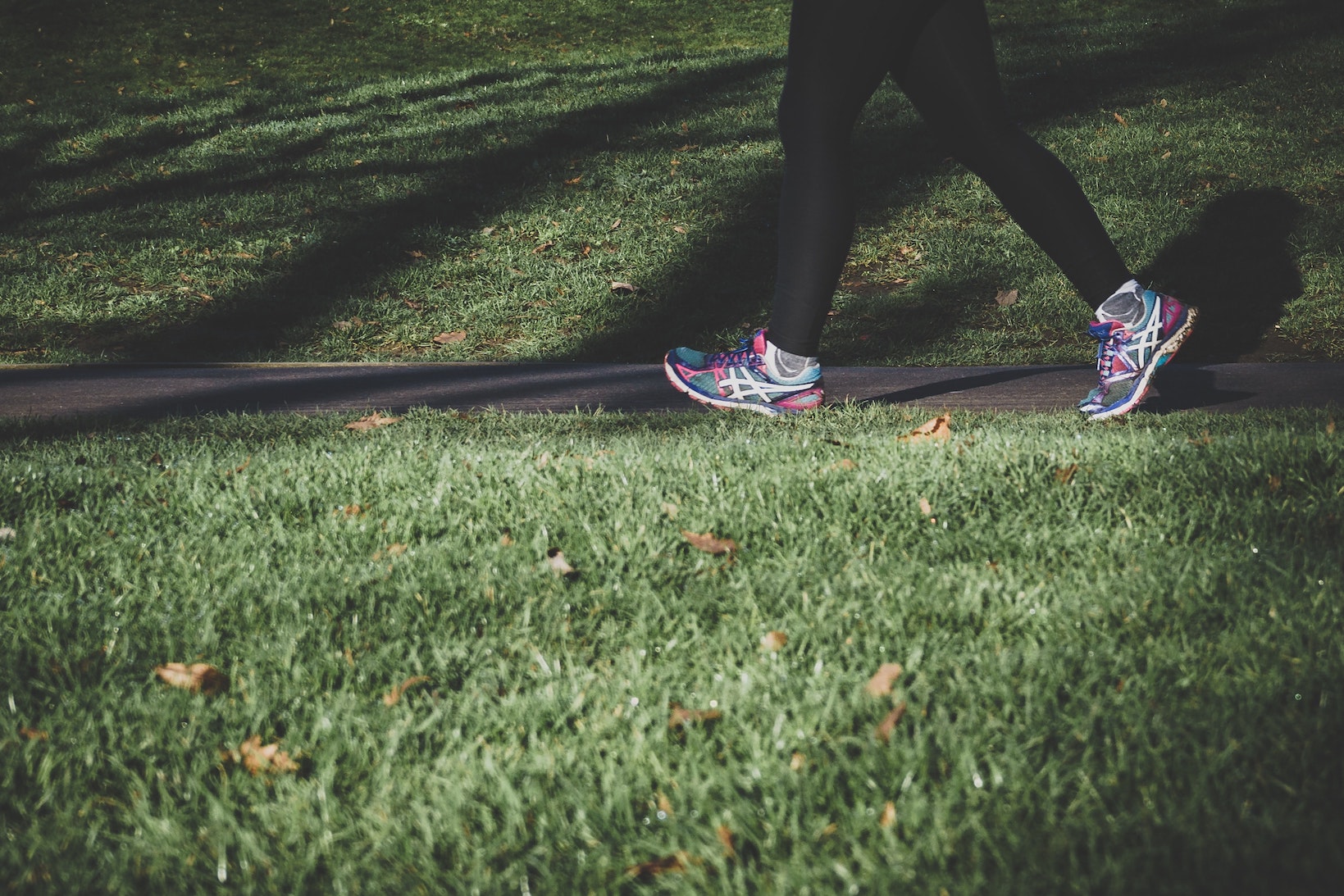6 fitness myths in older age

Exercise is important at any age – yet so many of us stop exercising the older we get. Whilst many people do this as a way to prevent injury or stop a health condition from getting worse, often the opposite is true; as we get older, exercise is even more essential to healthy living and maintaining a quality of life.
Let’s take a deep dive into the 6 fitness myths held by many people as they grow older.
1. Exercise is bad for your joints
One of the biggest fitness myths out there is how exercise, especially running, is bad for the joints. However a recent trial, published in the Journal of Physical Therapy Science , showed that obese participants who ran three times per week for eight weeks, not only showed no degradation to the knee cartilage but also lost significant weight. People tend to think that our knee cartilage erodes the same way that a car’s shock absorbers do with overuse, but this simply isn’t the case.
Excess weight on the joints is potentially more damaging than moving the joint itself, therefore losing weight when it starts creeping on is imperative. To avoid knee pain, the best strategy is to learn to run properly and with a good technique, alongside training a sensible amount.
2. Weightlifting is for gym nuts
During recent years, the popularity of weightlifting has grown and become much more mainstream, and for good reason. It’s not a trend of people ‘bulking up’, but more about longevity.
After the age of 30, our bodies naturally stop producing key hormones and proteins that decrease the production of new muscle cells. Without action, this can end in loss of muscle mass the older we get. Studies now show that lifting weights or performing weight-bearing exercises, slows the loss of muscle and improves strength. Weightlifting for women in particular, has also shown an improvement in bone health as they go through menopause, reducing the risk of osteoporosis.
3. I don't have time to exercise
This myth isn’t just a common one for the older generation. Time, or the lack of it, is the number one excuse for most people trying to exercise more. Although the recommendation is 150 minutes of aerobic exercise per week, it doesn’t have to be as overwhelming as spending 3 hours in the gym. It’s more important to spread this time over the week. A daily 10-minute walk on your lunch break and 15 minutes dancing in the kitchen whilst your cooking and you’re done!
4. It isn’t safe to exercise at my age
Whilst injury is a concern, research actually shows that exercising can reduce the risk of having a fall. By building up your strength, balance and agility, you are more likely to be able to prevent an injury in your day-to-day life. Exercises like yoga or Tai chi improve your balance and focus, whilst weight-bearing exercises such as jogging, or hiking improve your bone strength, so they are less likely to fracture.
5. I have a health condition, so I shouldn't exercise.
Whilst it is always a good idea to check with your doctor, chronic illnesses such as diabetes, arthritis or heart disease, are often improved with exercise. Being sedentary often worsens conditions and increase the risk of other health problems.
6. You can’t teach an old dog new tricks
If you’ve never exercised before, starting can be overwhelming. But knowing the benefits can be a great starting point. Not only does exercise cut the risk of developing health problems such as dementia, it can also improve your mood and be a great way of meeting new people. In fact, studies taken place in nursing homes have found that even people in their nineties showed improvements in overall health markers when they started an exercise routine.
If you find the gym too overwhelming, start at home. There are plenty of online YouTube workouts or you can just try to move more around the house. Get a friend involved and join a class together or hire a Personal Trainer to guide you through your health goals.
It’s never too late to improve your health!
